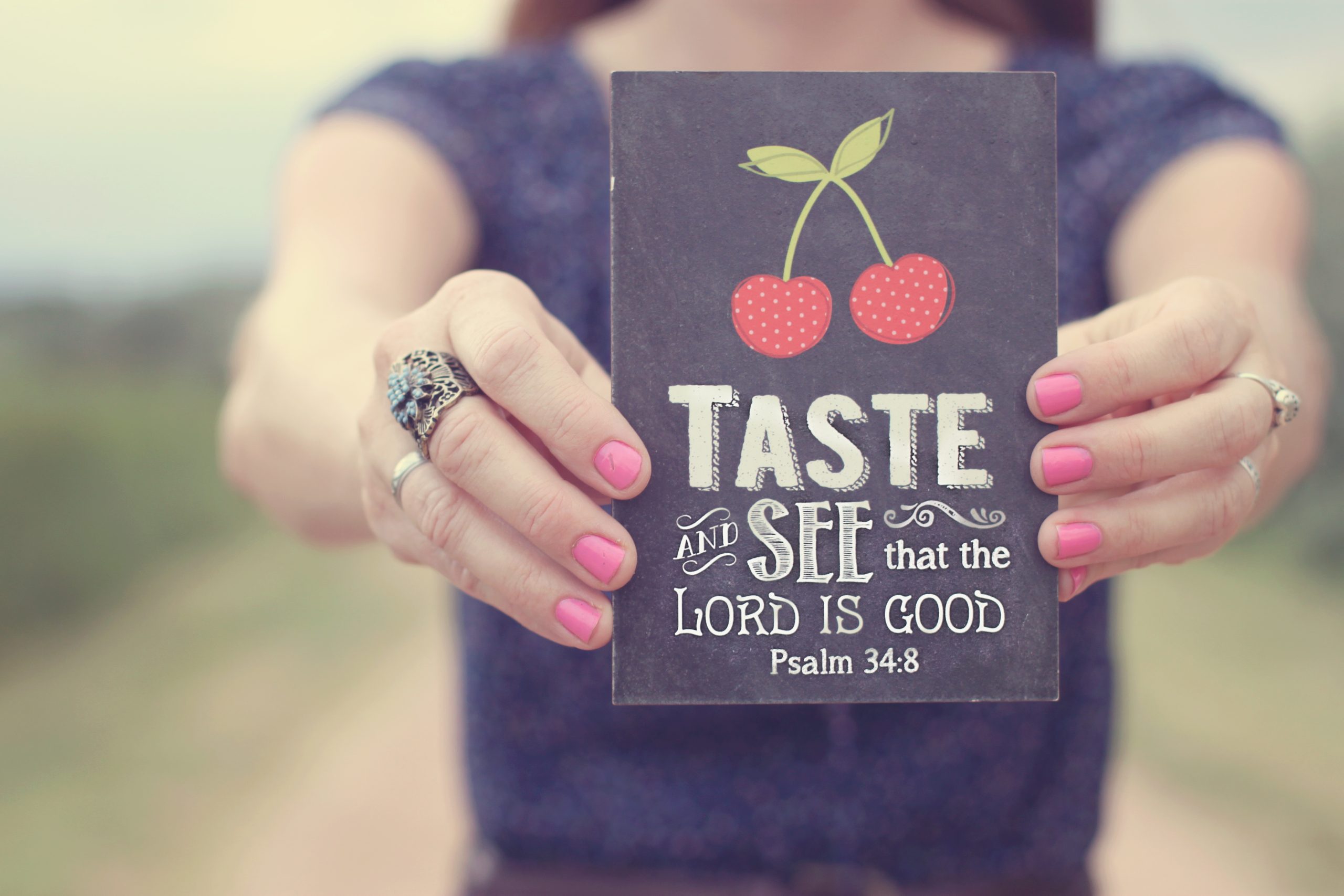
LifeDate Summer 2024 – Made For Life
by Michelle Bauman, Director of Y4Life
I’ve been doing lots of cleaning lately—lots of sorting and throwing and giving away. And though it’s exciting to be productive, this purging is made more impactful because it’s a reminder of God’s promises, promises that speak to the core of my identity.
How does cleaning do all of that? Let me give you a little background:
Perhaps you know that five years ago I left my full-time teaching career to embark on a new venture at Lutherans For Life as Y4Life Director. Though this new vocation would still be intimately tied to mentoring and teaching youth, I knew it would also be vastly different, offering new opportunities and challenges.
And it has! There is no classroom to decorate or fall musical to direct, no game to take tickets for or dance to chaperone, no journal to read or essay to grade at LFL. And though I have countless fond memories of my time as a teacher, I’ve thoroughly enjoyed serving as director of Y4Life, where I am called to work alongside faithful co-workers and mentor enthusiastic youth who are eager to share a Gospel-motivated message for life. In fact, I can’t think of a better way to be employed!
So, it may surprise you when I admit that the cleaning and purging I’m doing now should have happened years ago. Five years ago, to be exact. That’s right, five years ago I packed up my classroom and files. Five years ago, I stored all that stuff in my parents’ basement (Thanks, Mom and Dad!), and five years later, I’m finally able to let it go.
Why has it taken so long? It’s embarrassing to admit it, but that stuff has been intimately tied to my identity.
You see, for twenty-one years, I was a teacher, and I had the stuff—lesson plans, books, units, posters, games, décor, pencils, and a variety of other teacher paraphernalia—to prove it. Somehow, that stuff became synonymous with my identity, and much to my chagrin, it began to define me. Hence, getting rid of it hasn’t been easy.
I really shouldn’t be surprised. After all, Satan’s first temptation was connected to identity, wasn’t it? When Satan posed the question, “Did God really say …”, he was tempting Eve to redefine herself, and it worked; discontent with the gifts she’d been given, Eve desired to be like God. She forged a new identity when she ate the forbidden fruit, and, in so doing, traded life for death.
Adam wasn’t far behind. Instead of following God’s Word, Adam followed Eve’s: “Take and eat,” she said, “Taste and see that the fruit is good.” And Adam, too, turned away from the identity God provided. His sin brought death to the world.
The same temptation—to reshape our identity, to recast ourselves in the image of this world and to find meaning in temporary things—is present today, too. We eagerly take on labels that define us in comparison to others: pro-life or pro-choice, democrat or republican, liberal or conservative. And sometimes, whether we want to or not, we also carry the labels that others have placed on us: oppressed or oppressor, binary or non-binary, cisgender or gender fluid, rich or poor, cottage core—the list goes on and on.
These labels separate us into camps—often into opposing parties that seek to divide us rather than unite us. Even worse, they seek to define us by worldly standards. They tempt us to locate our identity in the stuff—the work, the labels, the fractions, and the brokenness of sin—rather than in HIM.
But thanks be to God that the Bible is very clear as to our identity. Genesis 2:7 reminds us of who we were meant to be, “Then the Lord God formed the man of dust from the ground and breathed into his nostrils the breath of life, and the man became a living creature.” Handmade by the one true God and designed in His image, we are inherently valuable, not only for this life but for all of eternity.
Even more, we are confident of God’s love despite our sin. Isaiah 43:1 declares, “Fear not, for I have redeemed you; I have called you by name, you are mine.” It is through Christ’s death on the cross that we can be certain of both our belonging and our identity. Yes, His work for us has made an indelible mark on the very hands of God, “Behold, I have engraved you on the palms of my hands,” Isaiah 49:16 reminds us.
God provides tangible means to affirm our identity; in Baptism we are made sons and daughters of God Himself. Through His adoptive work, we become heirs of the kingdom of heaven. And in the Lord’s Supper, our identity is not only confirmed but also strengthened for eternity. Here, at the Lord’s wedding feast, we are forgiven, not only for the times we have forgotten our identity but also the times we have actively tried to reform ourselves into the likeness of the world. “Taste and see,” Psalm 34:8 reminds us, “that the Lord is good; blessed is the one who takes refuge in Him.”